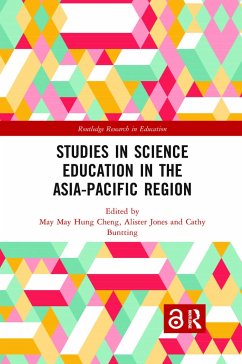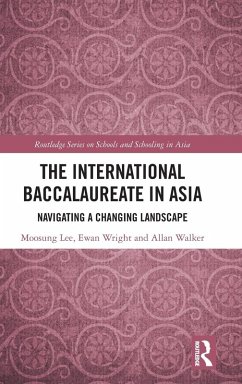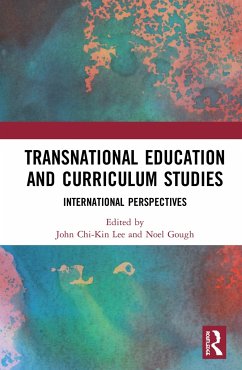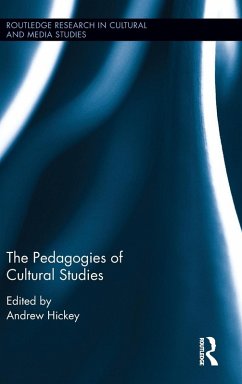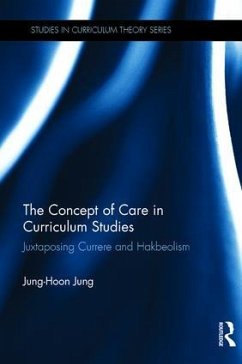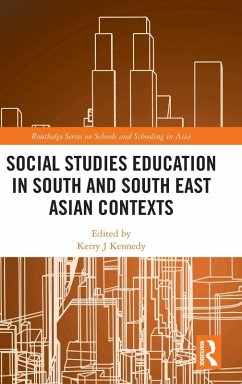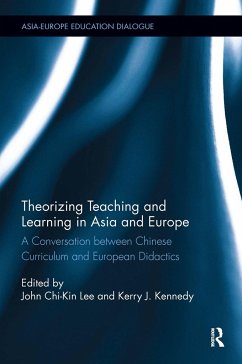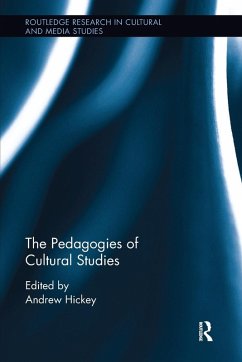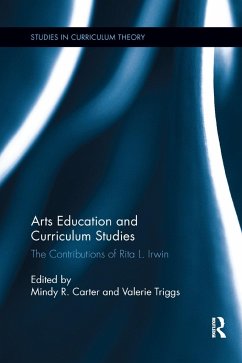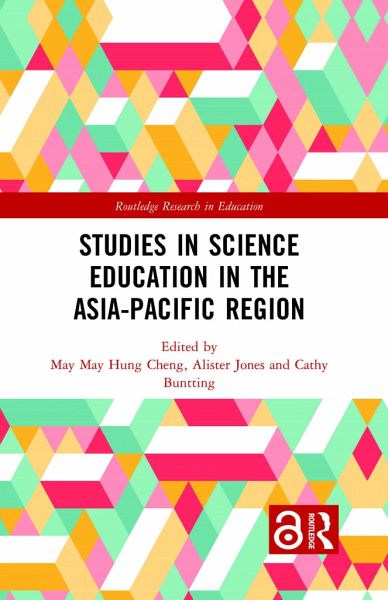
Studies in Science Education in the Asia-Pacific Region
Versandkostenfrei!
Versandfertig in 1-2 Wochen
169,99 €
inkl. MwSt.
Weitere Ausgaben:

PAYBACK Punkte
85 °P sammeln!
The aim of this book is to bring together some examples of research being undertaken at a range of levels, from studies of curriculum and assessment tools, to classroom case studies, and investigations into models of teacher professional learning and development.





